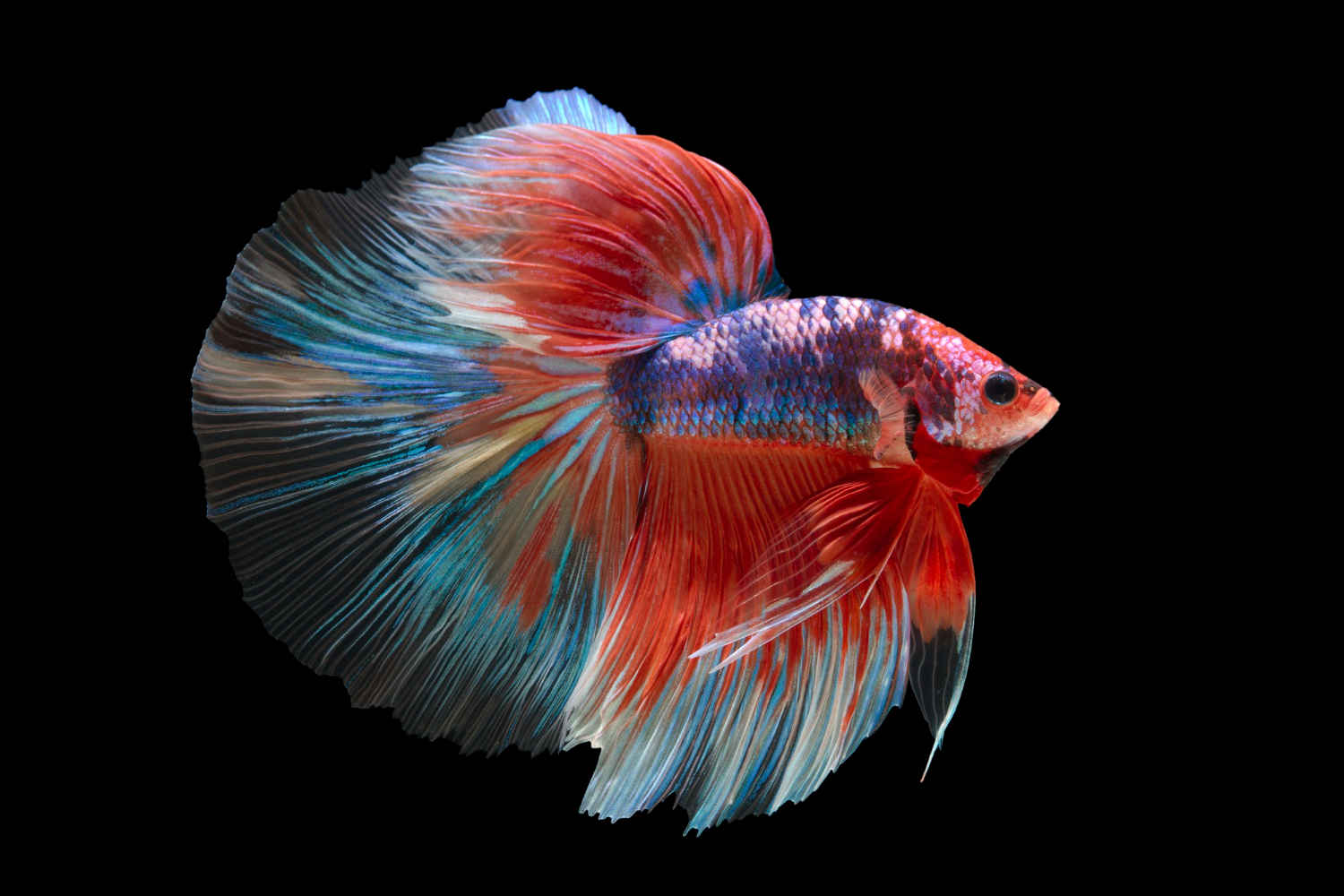If you have a betta fish, you know how important it is to keep them healthy and happy. Unfortunately, betta fish can sometimes fall ill, and it’s important to know what the signs of illness look like. In this blog post, we’ll discuss the common signs of illness in betta fish and what you should look out for. Knowing what to look for can help you catch illness in your betta fish early on, so you can give them the treatment they need and get them back to their healthy selves. Read on to learn more about signs of illness in betta fish.
Betta fish, also known as Siamese fighting fish, are a popular choice for home aquariums due to their beauty and easy care requirements. However, bettas are also prone to certain illnesses that can cause serious health problems for the fish. As a responsible pet owner, it’s important to be aware of the signs of illness in betta fish so that you can take steps to keep your fish healthy and happy.
Common Signs of Illness in Betta Fish
The most common signs of illness in betta fish are changes in behavior, such as lethargy, loss of appetite, and listlessness. Bettas may also become less active, and they may become more aggressive or withdrawn. In addition, your fish may become more prone to disease if they become stressed or exposed to environmental contaminants.
If your betta doesn’t seem to be as active as it normally is, one of the first things you should do is check the water quality. Bettas require clean, well-oxygenated water to stay healthy, and even small changes in water quality can cause stress and illness. If the water doesn’t meet the proper standards, it’s important to take steps to correct the issue.

Other signs of illness in betta fish may include changes in color or irregular spots on the skin. If your fish’s color has changed or you notice any unusual spots, it could be an indication of a more serious problem. Additionally, if you notice any swelling, lesions, or open wounds on the fish, it’s a good idea to take it to a vet for a checkup.
Preventing Disease in Betta Fish
The best way to ensure that your betta stays healthy is to provide it with the proper environment and care. This means providing a tank that is the right size for your fish and maintaining the water quality. It’s also important to feed your betta a balanced diet and provide it with plenty of hiding spots.
Another way to help prevent disease in betta fish is to avoid overcrowding. Bettas are territorial and can become aggressive towards other fish, so it’s important to only keep one betta per tank. Additionally, it’s best to avoid adding new fish to an existing tank, as this can introduce disease or parasites.
Finally, it’s important to be aware of the signs of illness in betta fish so that you can take steps to treat the problem quickly. If you notice any changes in your fish’s behavior or appearance, it’s a good idea to consult with a vet to determine the best course of action. With the proper care and attention, you can ensure that your betta stays healthy and happy for many years to come.
If you are the proud owner of a betta fish, it is important to be aware of the signs of illness that your fish might be displaying. By recognizing the signs early on, you can ensure that your fish receives the best possible care and treatment before the illness progresses too far. Take care of your betta fish, watch for any changes in behavior, and if necessary, seek the advice of a qualified veterinarian for the best outcomes. With the right care and attention, you can ensure that your betta fish remains healthy and happy for a long time.
Please follow us on Social Media







